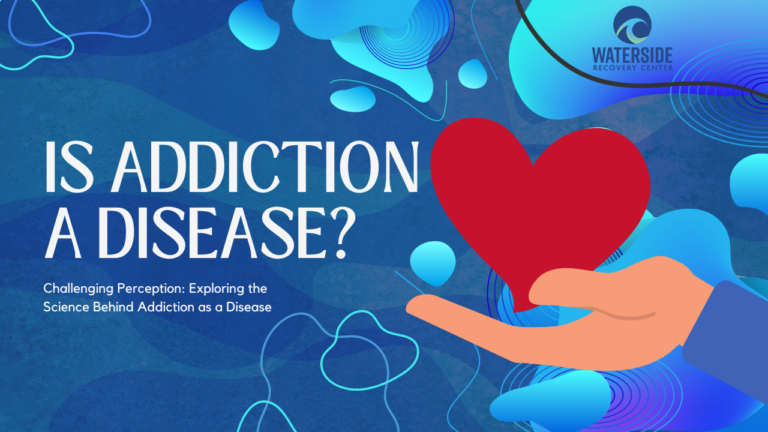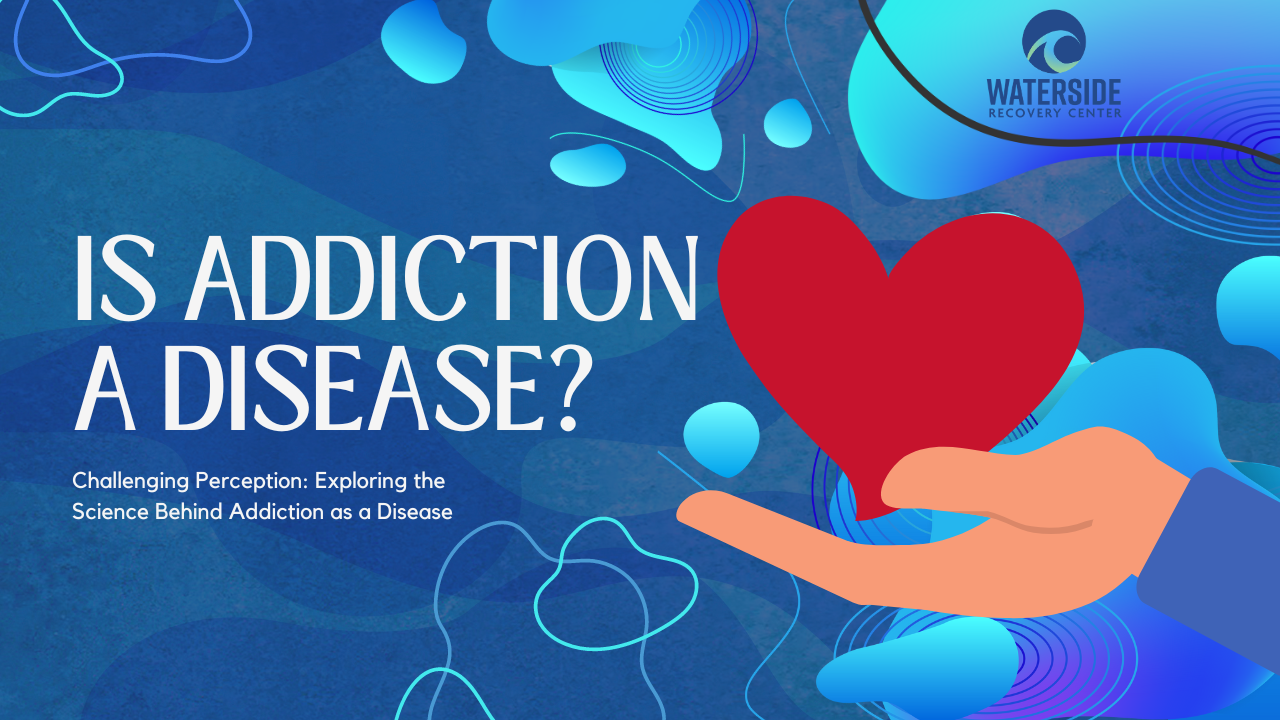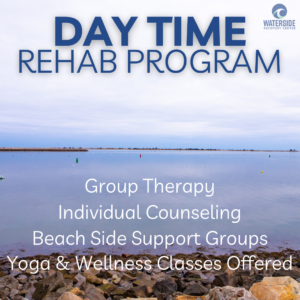
Is Addiction a Disease? Understanding the Medical Perspective
Addiction has sparked a longstanding debate, drawing various viewpoints on whether it should be classified as a disease. Many experts argue that addiction is indeed a disease. This perspective is supported by the way addiction affects the brain’s reward, motivation, and memory systems, leading to compulsive behavior despite harmful consequences.
Scientific research reveals that addiction alters brain function, supporting the medical community’s stance on its classification as a chronic disease. This alteration in brain function results in significant challenges for those battling addiction, akin to other chronic diseases such as diabetes or heart disease.
Recognizing addiction as a disease prompts a more compassionate and effective approach to treatment. This view encourages evidence-based strategies that address the biological, psychological, and social components of the condition.
Defining Addiction
Addiction involves a complex interplay of historical, cultural, and medical factors. It affects individuals across various demographics and manifests in diverse forms.
Historical Perspective
Throughout history, addiction has been perceived in multiple ways. In the 18th and 19th centuries, addiction was often seen as a moral failing. People who struggled with substances were considered to lack willpower.
In the early 20th century, with the advent of psychoanalysis, addiction began to be viewed through a psychological lens. The latter half of the 20th century marked a shift towards understanding addiction as a disorder influenced by both genetic and environmental factors.
Medical Overview
Medically, addiction is defined by the Diagnostic and Statistical Manual of Mental Disorders (DSM-5) as a “Substance Use Disorder.” This disorder is characterized by compulsive substance seeking, loss of control, and negative consequences.
Key indicators include tolerance, withdrawal symptoms, and an inability to reduce usage despite harmful effects. Advances in neuroimaging have shown that addiction alters brain circuits involved in reward, stress, and self-control, supporting the view of addiction as a brain disease.
Addiction as a Disease
Addiction is widely regarded as a chronic and relapsing brain disorder. This perspective is rooted in medical criteria, neurobiological evidence, and psychological factors.
Criteria for Disease
Diseases generally share a set of criteria: identifiable symptoms, predictable progression, and consistent biological foundation. Addiction meets these criteria through behavioral symptoms such as compulsive use and cravings. Its progression often follows predictable stages from early use to dependency. Research shows that addiction also has a biological basis, involving changes in brain structure and function.
Neurobiological Evidence
Neuroimaging studies highlight structural and functional brain changes in individuals with addiction. Regions such as the prefrontal cortex and amygdala are affected. Dopamine, a neurotransmitter related to pleasure and reward, plays a key role in the development of addiction. Chronic substance use can alter dopamine pathways, leading to a cycle of dependency that is difficult to break without intervention.
Psychological Factors
Psychological aspects, such as emotional and cognitive elements, also frame addiction as a disease. Comorbid conditions like depression and anxiety often accompany addiction. Cognitive-behavioral patterns influence the persistence of addictive behavior. Emotional stressors and trauma can trigger and sustain addictive actions, reinforcing the view that addiction is more than a behavioral issue but a complex, multifaceted disease.
Controversies and Debates
The discussion on addiction as a disease is layered with criticism of the disease model and concerns about social and ethical implications.
Disease Model Criticism
Critics argue that categorizing addiction strictly as a disease can be overly simplistic. Some contend that it neglects the role of personal choice and environmental factors.
There’s also a concern that this view may lead to a reliance on medical treatments, potentially sidelining holistic or alternative approaches.
Additionally, skeptics point out that not all addicts respond to treatment in the same way, questioning the universality of the disease model.
Social and Ethical Implications
Viewing addiction as a disease has profound social and ethical consequences. It can influence public policy, potentially pushing for more funding towards medical treatments and less towards preventive measures or social support.
There’s a debate about whether this perspective reduces stigma or inadvertently perpetuates it by labeling individuals as “sick.”
Ethically, it raises questions about personal responsibility and autonomy, especially in legal contexts where addiction is cited as a mitigating factor.
Treatment and Recovery
Effective treatment and recovery strategies focus on various approaches, preventative measures, and ongoing support to aid individuals struggling with addiction.
Approaches to Treatment
Treatment for addiction involves several evidence-based methods, each tailored to the individual’s needs. Behavioral therapies like Cognitive Behavioral Therapy (CBT) teach coping skills and change unhealthy patterns. Medication-Assisted Treatment (MAT) uses medications such as methadone or buprenorphine alongside counseling. Residential or inpatient programs provide an immersive experience, offering intensive therapy and medical care.
Outpatient programs allow individuals to receive treatment while maintaining daily routines. Holistic approaches integrate therapies like yoga and meditation. Ensuring access to these treatments can significantly affect recovery outcomes.
Prevention Strategies
Preventing addiction requires a comprehensive approach beginning with education and awareness programs. Schools and communities play a critical role in disseminating information about the dangers of substance abuse. Early intervention programs target at-risk groups, providing support before habits form.
Policies restricting the availability of addictive substances can be effective. Encouraging healthy lifestyles and stress management strategies also helps reduce the appeal of substances. Consistent screening and monitoring in medical settings can identify early signs and prompt timely intervention.
At Waterside Recovery Centers we pride ourselves on providing the top addiction treatment in Massachusetts. With a range of evidence-based, client-focused and individualized treatment offerings, we are able to provide the ideal support for those seeking recovery from substance addiction. Please feel free to reach out to our help line at anytime.
(866)671-8620





